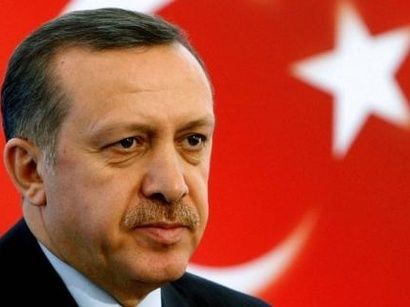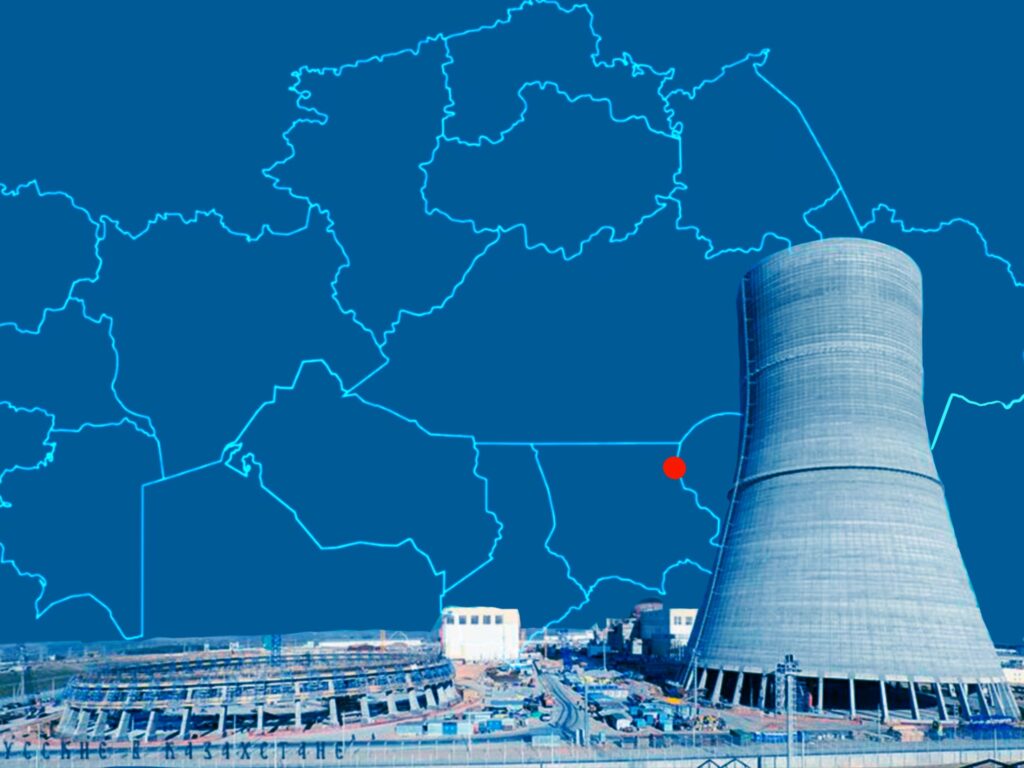LONDON (TCA) — It all looks like a shameful charade. But on a slightly longer term, Turkey’s referendum can be considered a step backward rather than forward and is certain to create more problems than it could possibly solve. It goes in the opposite direction of a trend emerging throughout Central Asia away from personality rule and towards a more collective form of government. While expected to have little immediate geopolitical spillover, the message sent by Turkey’s narrow majority in the direction of Central Asia is most of all psychological – and it is the wrong message.
Of the Central Asian ex-Soviet republics’ heads of state, only Kazakh President Nursultan Nazarbayev bothered to send “congratulations” following the controversial referendum. “The results of this referendum distinctly reflect your high authority among the people of Turkey and the support for your policy focused on strengthening the country’s positions in the international arena. I believe that under your leadership the Republic of Turkey will remain a secular state with strong social consensus and important role in the global policy that will make a greater contribution to maintaining stability in the region. I am confident that the close cooperation between Kazakhstan and Turkey will be continued in a spirit of understanding for the benefit of the peoples of the two countries,” the President’s telegramme to his Turkish peer was quoted as reading by the state news agency Kazinform.
None of the other heads of state in the region and elsewhere in the former USSR took the trouble to address themselves to Erdogan. Only US President Donald Trump showed support for the Turkish dictator-elect by congratulating him in a telephone call on Monday “on winning the authority to restructure Turkey’s parliamentary system and absorb many of the powers of its legislature,” in the words of a Reuters report.
Instead, the Kremlin in an unusual chorus with Germany, the UK and a number of other EU states expressed its “concern” over the direction in which Turkey is heading. And for a reason: worldwide, a reversal, though often cautious and sometimes ambiguous, can be discerned away from personality cults like those cherished by former US Presidents Ronald Reagan, the UK’s Margaret Thatcher and more recently by Russia’s Vladimir Putin, Belarus’ Alexander Lukashenko, French President Sarkozy, Germany’s chancellor Angela Merkel. The previous ego-trend has been heartily adopted by Central Asia’s post-Soviet leaders from day one. But recently, Kyrgyzstan held a referendum to strip more powers of the President and hand them over to Prime Minister. Critics tended to say that this was part of President Atambayev’s tactics to keep power for himself after this year’s presidential elections in which he is not eligible according to the Constitution, but which give him a free hand in opting for the post of PM.
Whatever the case, the amendments were supported by some 70 per cent of the voters. Most of the opponents were led by smaller party leaders cherishing the ambition of becoming head of state themselves, and reinstall “presidential rule” in the country subsequently. Unfortunately, such power-hungry egos may find encouragement in developments in Turkey.
In Kazakhstan, Nazarbayev made a similar move, but without bothering to submit the issue to a referendum. Signals from other Central Asian heads of state, all still indulging in personality cults, have been observed of late as well, even if for countries like Tajikistan, Uzbekistan and Turkmenistan a concrete change of direction towards democracy remains remote.
In this light, Turkey has ceased to play the role of a shining beacon where state government is concerned. At home, frustration is the overall mood in which a vast minority or even a majority if one considers the likely number of “opportunity yes-voters” is left for now and some time to come.
“Under the present constitution, the post of the president is supposed to be ceremonial. The holder of the office is meant to remain at an equal distance from all political parties. Erdogan has never complied with this requirement. If a majority votes yes, this will be the end of parliamentary democracy in Turkey. We will become just another Middle Eastern country, with one man holding extraordinary powers at the expense of diversity in civil society,” Elif Shafak, a celebrated Turkish women’s rights promoter and an award-winning novelist and political scientist, wrote in a guest column posted in The Guardian.
Looking at the immediate future, three scenarios for Turkey can be imagined – and none of them looks desirable. The first and least negative one consists of a situation in which Erdogan will be “tamed” to work on a reconciliation at home and more “teamwork” on the international stage. The second possibility is the emergence of a “Turco-Maidan” – a massive movement to reverse the referendum’s result, no doubt accompanied by bloodshed and with an uncertain outcome. The third option is a renewed army coup, this time successful, resulting in the ousting of Erdogan, not unsimilar to what happened to Egypt’s hapless President Morsi (a longstanding pal of Erdogan for all it matters). Abroad, a wait-and-see attitude prevails. But the Turkish people might not be so patient at all…








